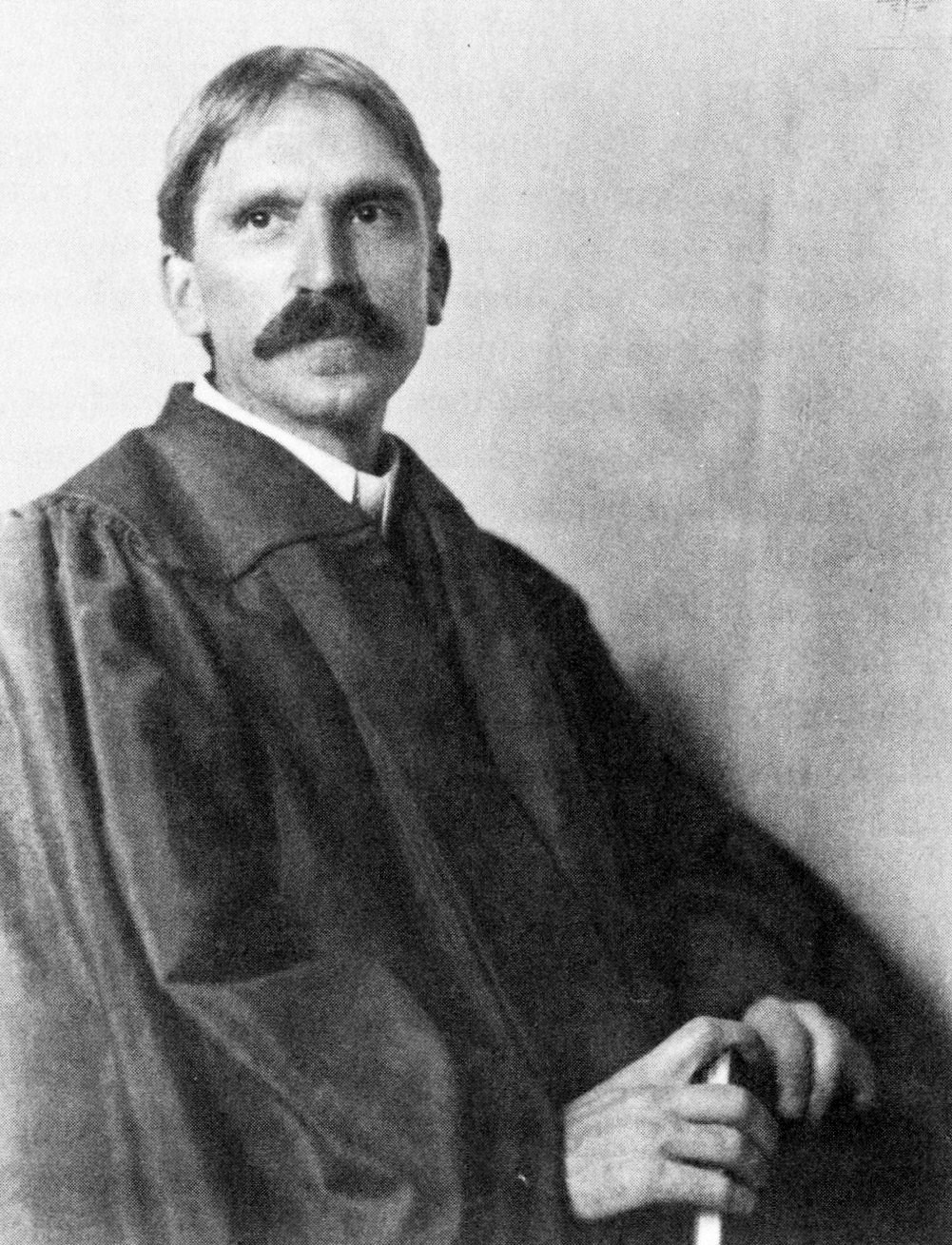Frases célebres de John Dewey
Frases de vida de John Dewey
John Dewey Frases y Citas
John Dewey: Frases en inglés
“The only way to abolish war is to make peace heroic.”
James Hinton, Philosophy and Religion: Selections from the Manuscripts of the Late James Hinton, ed. Caroline Haddon, (2nd ed., London: 1884), [//books.google.com/books?id=DpxRAAAAMAAJ&pg=PA267 p. 267].
Widely misattributed on the internet to Dewey, who actually attributes it to Hinton in Human Nature and Conduct: An Introduction to Social Psychology (New York: 1922), [//books.google.com/books?id=Ws0RAAAAYAAJ&pg=PA115 p. 115].
Misattributed
“Education is not preparation for life; education is life itself.”
This is a paraphrase of an idea that Dewey expressed using other words in My Pedagogic Creed (1897) and Democracy and Education (1916); it is widely misattributed to Dewey as a quotation.
Cf. James William Norman, A Comparison of Tendencies in Secondary Education in England and the United States (New York: Teachers College, Columbia University, 1922), [//books.google.com/books?id=qrmgAAAAMAAJ&pg=PA140 p. 140] (emphasis added): "...there has for years been a strong and growing tendency in the United States under the leadership of Dewey, and more recently of Kilpatrick, to find an educational method correlative of democracy in society with the belief that education is life itself rather than a mere preparation for life, and that practice in democratic living is the best preparation for democracy."
Misattributed
Variante: Education is a social process; education is growth; education is not preparation for life but is life itself.
“Democracy has to be born anew every generation, and education is its midwife.”
The Need of an Industrial Education in an Industrial Democracy (1916)
Misc. Quotes
Contexto: It is no accident that all democracies have put a high estimate upon education; that schooling has been their first care and enduring charge. Only through education can equality of opportunity be anything more than a phrase. Accidental inequalities of birth, wealth, and learning are always tending to restrict the opportunities of some as compared with those of others. Only free and continued education can counteract those forces which are always at work to restore, in however changed a form, feudal oligarchy. Democracy has to be born anew every generation, and education is its midwife.
This text is commentary (not a quotation of Dewey) that was added to this page at [//en.wikiquote.org/w/index.php?title=John_Dewey&diff=prev&oldid=896209 05:36, 2 February 2009 (UTC)]; the text was later removed from this page but not before being misattributed to Dewey on several web sites, including in a sermon given at an Episcopal church https://web.archive.org/web/20160304201732/http://www.trinitywhitinsville.org/sermons/theprudenceofgenerosity.html. The statement was commenting on a quotation from Democracy and Education (1916): "The first step in freeing men from external chains was to emancipate them from the internal chains of false beliefs and ideals."
Misattributed
“a problem well put is half solved.”
“The Pattern of Inquiry” from Logic: Theory of Inquiry
Logic: Theory of Inquiry (1938)
Variante: It is a familiar and significant saying that a problem well put is half-solved.
“Every great advance in science has issued from a new audacity of imagination.”
The Quest for Certainty (1929), Ch. XI
Misc. Quotes
Fuente: The Quest for Certainty: A Study of the Relation of Knowledge and Action
“The most important attitude that can be formed is that of desire to go on learning.”
Fuente: Experience and Education
“Arriving at one goal is the starting point to another.”
Fuente: Democracy and Education
Time and Individuality (1940)
Time and Individuality (1940)
